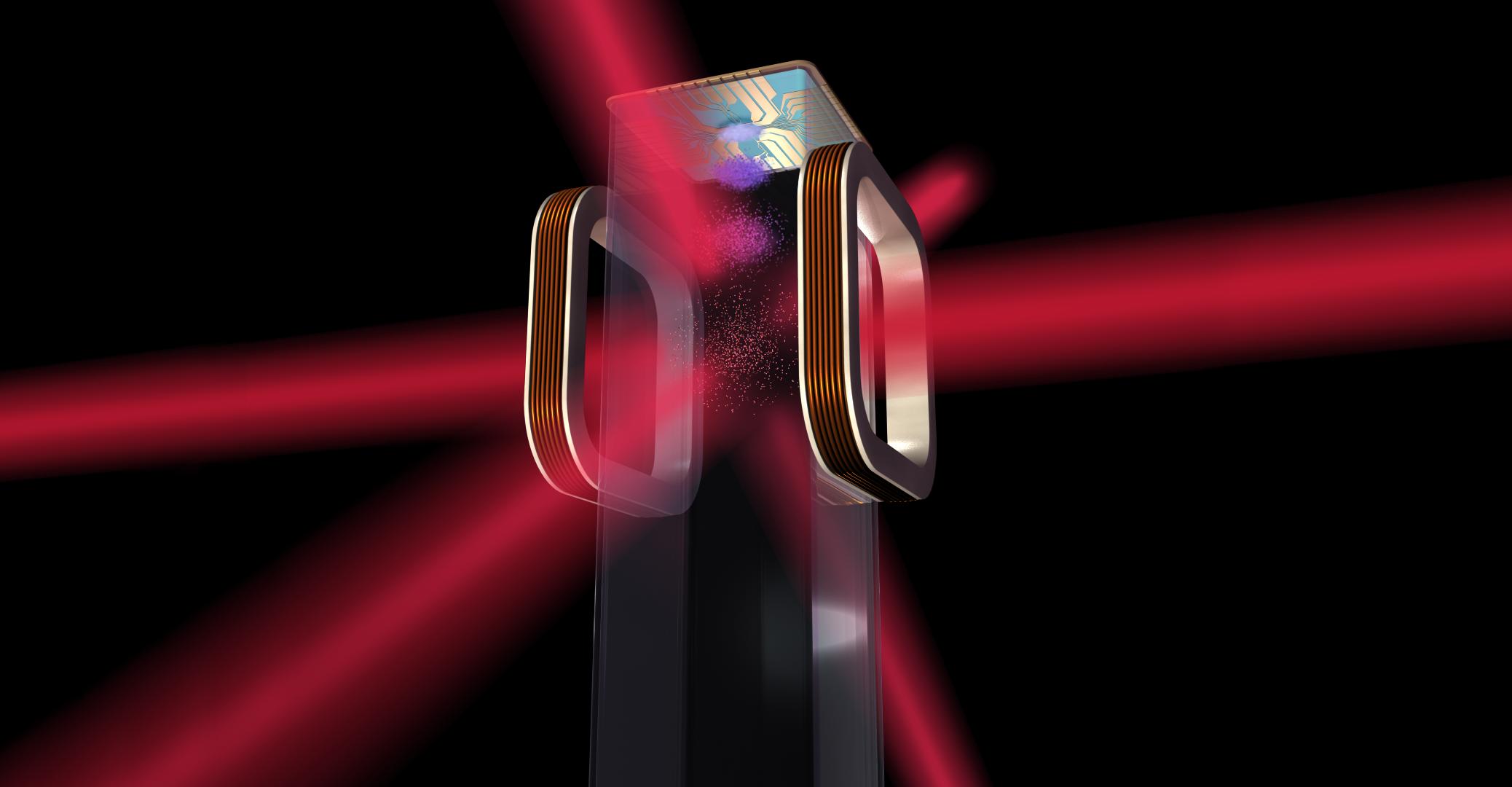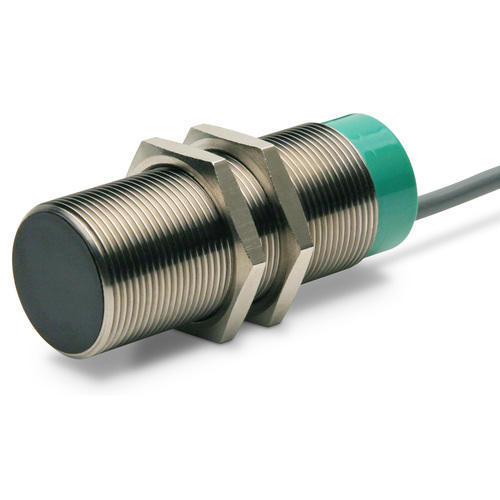
Experiment on the ISS: CAL will cool down the temperature of atoms to absolute zero in fraction of seconds
The Antares rocket and Cygnus supply ship by Orbital ATK were recently launched to the International Space Station after almost a day’s delay. Cygnus carried a number of apparatus of which, one of the most exciting pieces of the instrument is called Cold Atom Laboratory or CAL. This ice chest-sized apparatus would allow scientists to cool down a cloud of atoms creating a spot 10 billion times colder than the temperature of vacuum of space.
According to the reports, CAL will use a combination of magnets and lasers that will be pinpointed towards a cloud of atoms. This will drag the temperature of the atoms above absolute zero in just a fraction of a second. Further, the atoms will be frozen above absolute zero which is -273.15° Celsius or zero Kelvin. Absolute zero is by far the coldest temperature in the universe, the temperature where the atoms stop moving, but it is impossible to achieve on Earth.
CAL will cool down a cloud of atoms to absolute zero temperature that will slow down the movement of the atoms thereby creating Bose-Einstein condensates. This will allow scientists to study macroscopic quantum phenomena exhibited by the condensates. Although there is a technology available to cool down atoms considerably to create Bose-Einstein condensates on Earth, there is a catch. On Earth, the gravity is at its full extent which drags the condensates downwards that means, scientists could observe it just for a fraction of a second.
But in the microgravity of the International Space Station, the Bose-Einstein condensates could stay intact for over 10 seconds allowing the scientists to perform required analysis and studies. Bose-Einstein condensates are known as superfluids which is a type of fluid with zero viscosity. To explain further, Anita Sengupta, CAL Project Manager of JPL stated that if you take superfluid water and spin it around a glass, it would spin forever since there is no viscosity that would slow it down. The prospects of understanding the physics of superfluids are how to use them for efficient transport of energy.
Understanding the physics of the superfluids would allow researchers to develop advanced quantum computers, superconducting quantum interference devices and much more. Another great application of Bose-Einstein condensates is to understand the nature of dark energy and detect it. Dark energy is an unknown force which accounts for more than 60% of the matter in the universe. Dark energy is also associated with the force behind accelerating the expansion of the universe. As per the timeline, when the Cygnus ship reaches ISS in coming days, the astronauts will unpack the CAL from its housing and then, perform the experiment as per planned.


